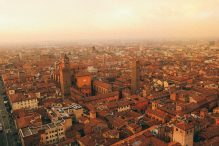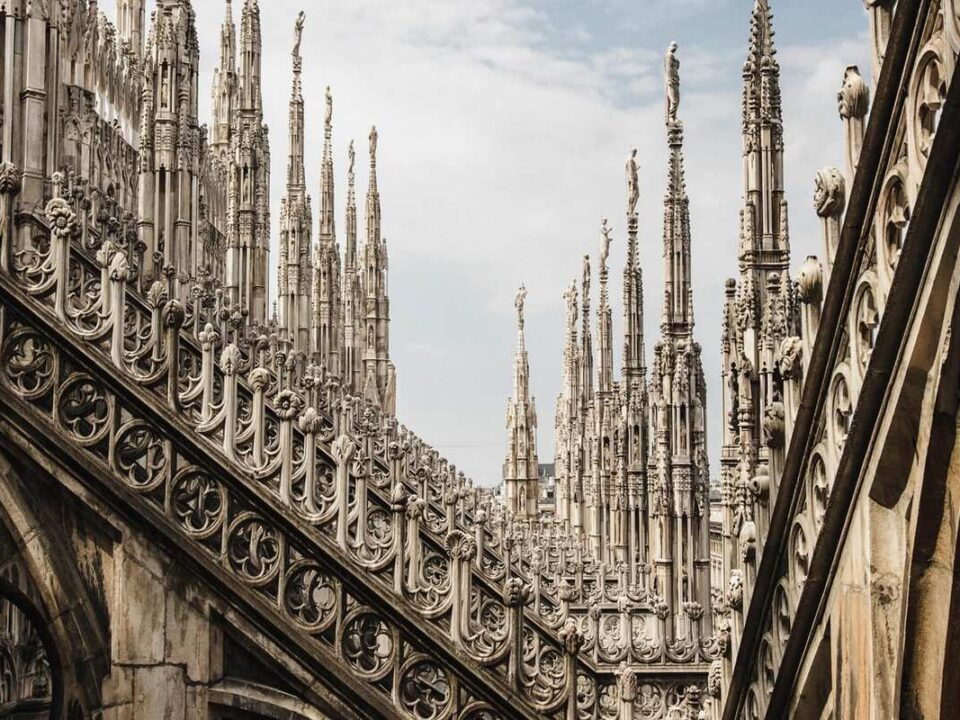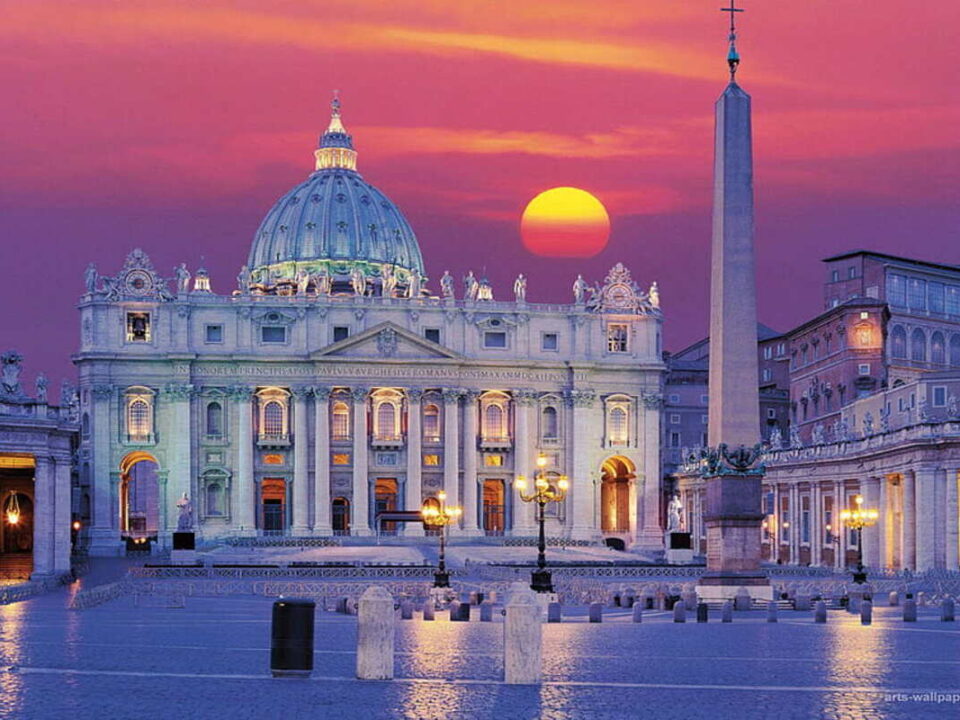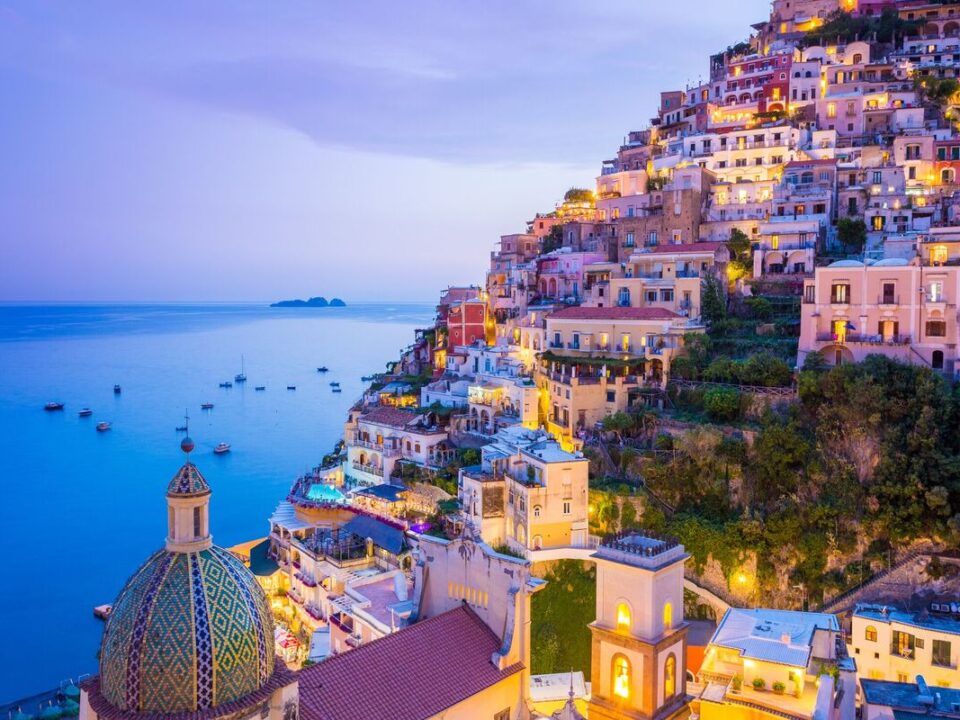Bologna: The Heart of Italy’s Culinary and Cultural Heritage
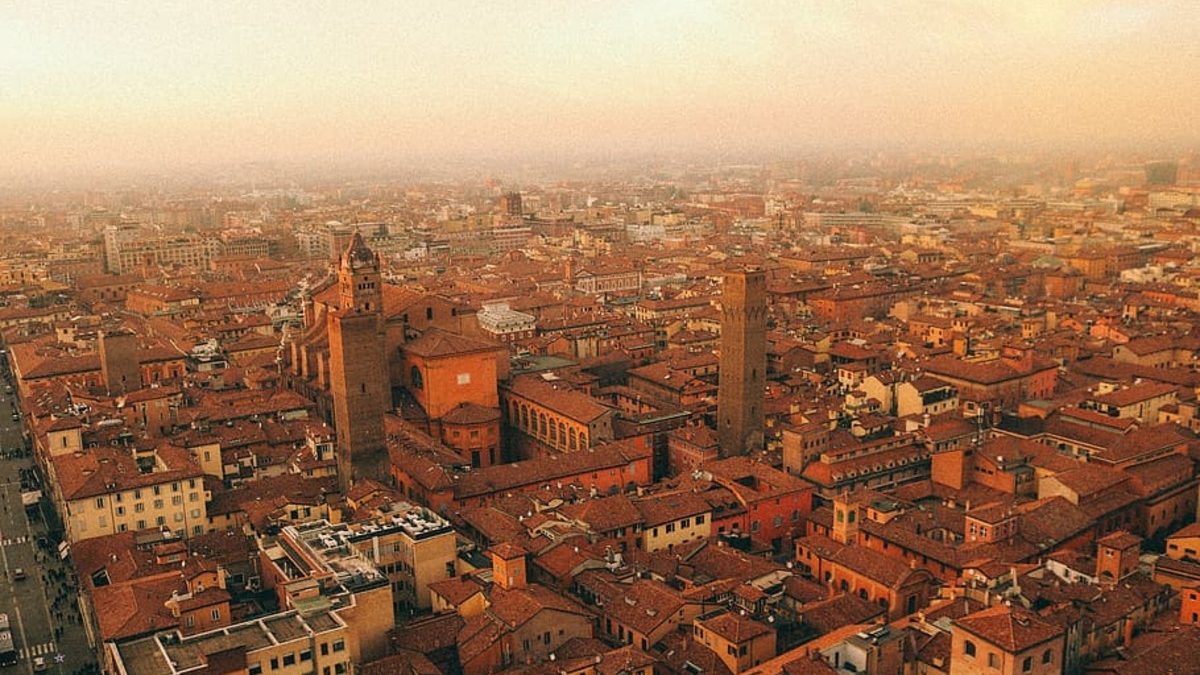
Bologna: The Heart of Italy’s Culinary and Cultural Heritage
Bologna, the capital of the Emilia-Romagna region in northern Italy, is a city renowned for its rich history, vibrant culture, and exceptional cuisine. Known as “La Dotta, La Grassa, La Rossa” (The Learned, The Fat, The Red), Bologna is a city of academic excellence, culinary abundance, and striking architecture. This comprehensive guide explores Bologna’s tourist appeal, unique features, historical significance, and the must-see attractions, providing a detailed look at why this city should be on every traveler’s itinerary.
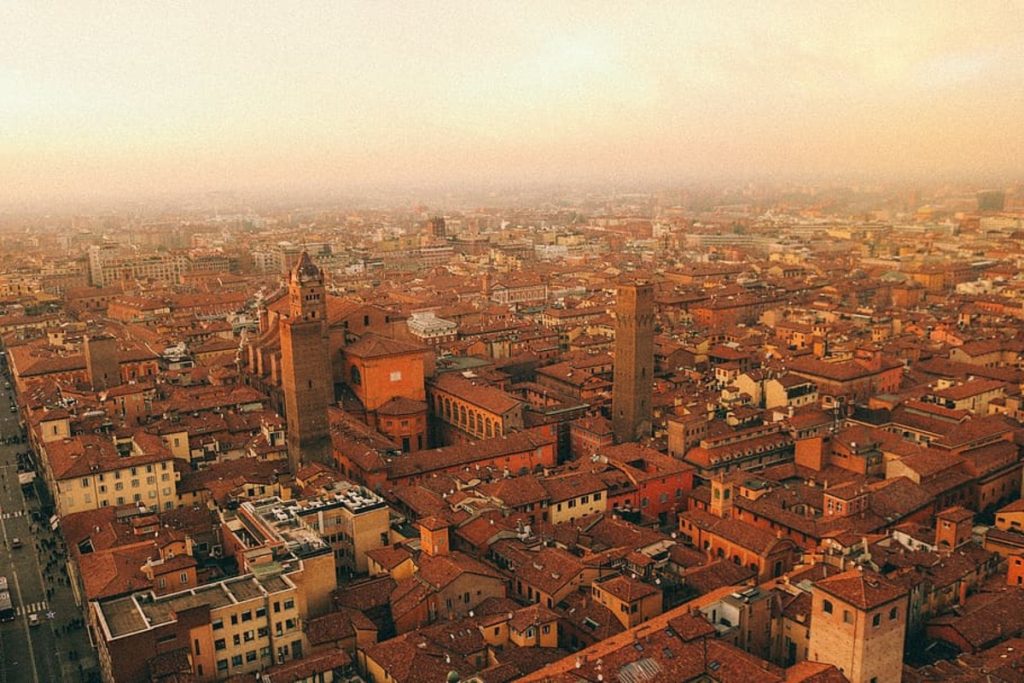
Historical Background of Bologna
Bologna’s history dates back to ancient times, with evidence of settlement as early as the Etruscan period. Over the centuries, the city has evolved through various phases, each leaving a distinct mark on its cultural and architectural landscape.
Ancient Origins: The area now known as Bologna was originally settled by the Etruscans around the 6th century BCE and was called Felsina. It later became a Roman colony in 189 BCE and was renamed Bononia. During Roman times, the city grew in importance due to its strategic location and became a significant center of commerce and transportation.
Medieval Era: Bologna flourished during the medieval period, particularly from the 11th century onwards. It became a free commune and was known for its vibrant political and intellectual life. The University of Bologna, founded in 1088, is the oldest university in the Western world and played a pivotal role in the city’s development. The medieval period also saw the construction of many of Bologna’s iconic towers and churches.
Renaissance and Beyond: The Renaissance brought further prosperity to Bologna, with the city becoming an important cultural and artistic center. The influence of prominent families such as the Bentivoglio and the Papal States shaped its political and social landscape. The city’s architectural and artistic heritage was enriched during this period, with contributions from renowned artists and architects.
The Tourist Appeal of Bologna
Bologna is a city that appeals to a wide range of interests, from history buffs and art lovers to food enthusiasts and students. Its vibrant atmosphere, coupled with a rich cultural heritage, makes it a unique destination.
Cultural and Academic Excellence: The University of Bologna attracts students from around the world, contributing to the city’s dynamic and youthful vibe. The presence of the university fosters a culture of intellectual pursuit and cultural exchange, making Bologna a hub of knowledge and innovation.
Culinary Delight: Bologna is often referred to as the gastronomic capital of Italy. The city’s culinary traditions are deeply rooted in the region’s rich agricultural heritage. From the famous Bolognese sauce (ragù) to tortellini, mortadella, and Parmigiano-Reggiano cheese, Bologna offers a feast for the senses. The local markets, trattorias, and food tours provide ample opportunities to savor authentic Bolognese cuisine.
Architectural Beauty: Bologna’s historic center is a labyrinth of narrow streets, porticoes, and medieval towers. The city’s architecture reflects its long history, with Romanesque, Gothic, and Renaissance buildings standing side by side. The iconic Two Towers (Le Due Torri), the Basilica of San Petronio, and the Archiginnasio are just a few examples of Bologna’s architectural treasures.
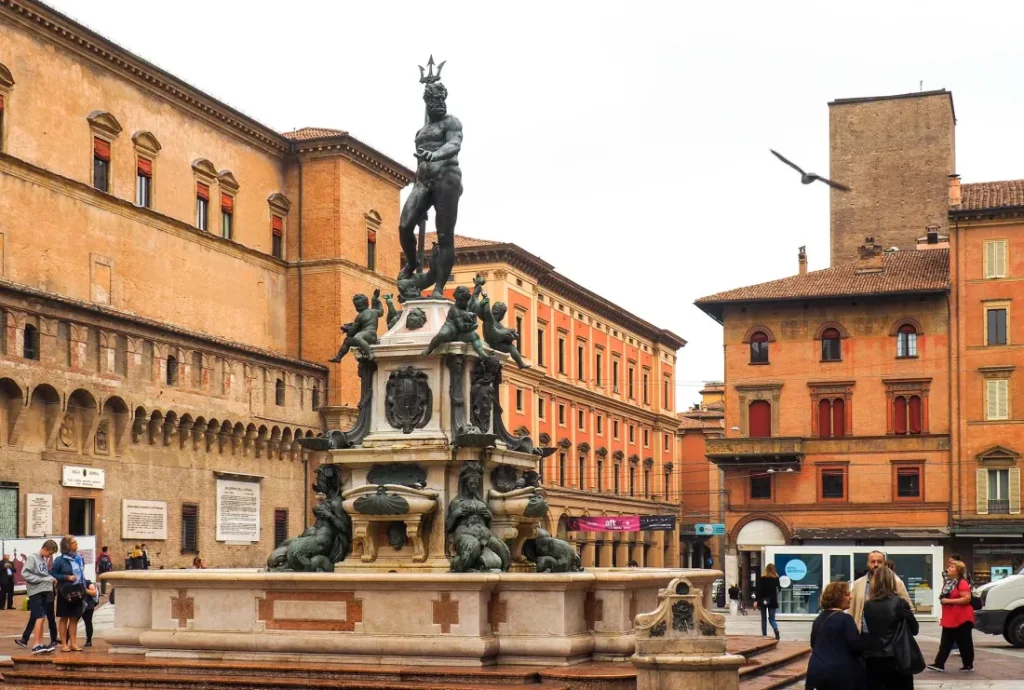
Must-See Attractions in Bologna
Bologna is home to numerous attractions that showcase its rich history and cultural heritage. Here are some must-see sights for visitors:
1. The Two Towers (Le Due Torri): The Asinelli and Garisenda towers are the most prominent of Bologna’s medieval towers. The Asinelli Tower, standing at 97 meters, offers a panoramic view of the city from its top, while the Garisenda Tower is known for its pronounced lean.
2. Piazza Maggiore: The heart of Bologna, Piazza Maggiore is surrounded by some of the city’s most important buildings, including the Basilica of San Petronio, the Palazzo dei Notai, and the Palazzo d’Accursio. The square is a lively gathering place and a hub of cultural activities.
3. Basilica of San Petronio: One of the largest churches in the world, the Basilica of San Petronio dominates Piazza Maggiore. Its unfinished facade and vast interior are home to numerous chapels, frescoes, and the famous sundial designed by Giovanni Cassini.
4. Archiginnasio of Bologna: The former main building of the University of Bologna, the Archiginnasio is now a library and museum. Its elegant courtyards and frescoed halls reflect the university’s illustrious history. The Anatomical Theatre, with its wooden sculptures, is a highlight of the building.
5. Santo Stefano Complex: Known as the Seven Churches (Sette Chiese), this religious complex is a unique and fascinating site. It consists of multiple interconnected churches and chapels, each with its own history and architectural style. The complex offers a tranquil retreat in the heart of the city.
6. Basilica of San Domenico: This beautiful basilica is dedicated to Saint Dominic, the founder of the Dominican Order. The church houses the saint’s tomb, which features sculptures by Michelangelo. The serene cloisters and ornate chapels make it a must-visit site.
7. Mercato di Mezzo: Located in the Quadrilatero district, the Mercato di Mezzo is a historic market that has been revitalized as a food hall. It offers a variety of local specialties, from fresh pasta and cured meats to artisanal cheeses and baked goods. It’s a great place to experience the flavors of Bologna.
8. Bologna’s Porticoes: The city is famous for its extensive network of porticoes, which stretch for nearly 40 kilometers. These covered walkways provide shelter from the elements and add to the city’s unique charm. The porticoes are a UNESCO World Heritage Site and are an integral part of Bologna’s architectural identity.
9. Fountain of Neptune: Located in Piazza del Nettuno, adjacent to Piazza Maggiore, the Fountain of Neptune is a striking Renaissance sculpture by Giambologna. The imposing figure of Neptune and the intricate bronze details make it a popular landmark.
10. Bologna National Art Gallery (Pinacoteca Nazionale di Bologna): This renowned art gallery houses an extensive collection of Italian Renaissance and Baroque art. Highlights include works by Raphael, Titian, and Guido Reni. The museum offers a comprehensive overview of Bologna’s artistic heritage.
Unique Features and Charming Aspects of Bologna
Bologna’s charm lies in its unique blend of history, culture, and modern vibrancy. Several aspects make Bologna a special destination for tourists:
Academic Legacy: The University of Bologna, founded in 1088, is the oldest university in the Western world. Its presence has shaped the city’s intellectual and cultural life for centuries. The university’s historic buildings, libraries, and museums are a testament to its enduring legacy.
Culinary Heritage: Bologna’s reputation as a culinary capital is well-deserved. The city’s food culture is deeply rooted in tradition, and local ingredients are celebrated in its cuisine. Visitors can enjoy cooking classes, food tours, and tastings to immerse themselves in Bolognese gastronomy.
Vibrant Markets: Bologna’s markets are a feast for the senses, offering a wide array of fresh produce, meats, cheeses, and local specialties. The Mercato delle Erbe and the Quadrilatero district are particularly popular with food enthusiasts.
Historic Porticoes: Bologna’s porticoes are not only practical but also beautiful. They provide shelter from the sun and rain, making the city walkable in any weather. The porticoes also create a sense of continuity and harmony in the urban landscape.
Music and Festivals: Bologna has a rich musical tradition, with a thriving contemporary music scene. The city hosts numerous festivals and events, including the Bologna Jazz Festival, the International Film Festival, and the Motor Show. These events reflect Bologna’s dynamic cultural life.
Cultural Diversity: Bologna’s diverse population contributes to its vibrant cultural scene. The city is home to a mix of students, artists, and professionals from around the world, creating a cosmopolitan atmosphere.
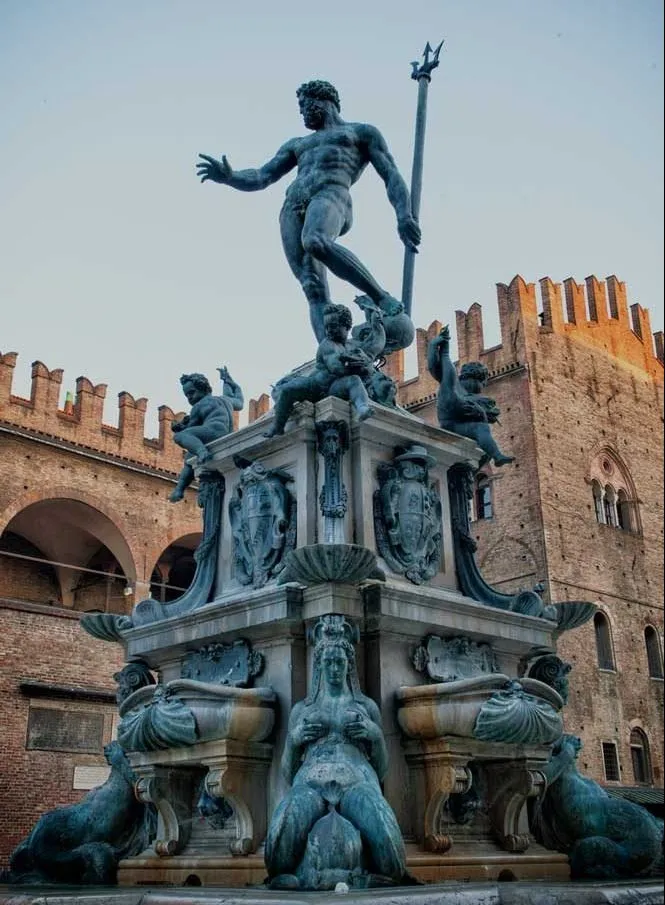
Practical Tips for Tourists
To make the most of your visit to Bologna, consider the following practical tips and recommendations:
Plan Ahead: Bologna is a popular tourist destination, so it’s essential to plan your visit in advance. Book tickets for major attractions and museums online to avoid long lines. Research opening hours and any special events or closures that may affect your itinerary.
Accommodation: Bologna offers a range of accommodation options, from luxury hotels and boutique guesthouses to budget-friendly hostels and vacation rentals. Choose a location that suits your preferences and budget, and book early, especially during peak tourist seasons.
Getting Around: Bologna’s historic center is compact and easily walkable, allowing you to explore many of the city’s attractions on foot. Public transportation, including buses, is available for longer distances. Biking is also a popular option, with rental services and bike lanes throughout the city.
Cultural Etiquette: Respect local customs and cultural etiquette while visiting Bologna. Dress modestly when visiting churches and religious sites, and be mindful of noise levels in residential areas. Tipping is appreciated but not obligatory in restaurants and cafes.
Safety: Bologna is generally a safe city for tourists, but it’s essential to take common-sense precautions. Keep an eye on your belongings, especially in crowded areas, and be aware of your surroundings. Avoid walking alone late at night in unfamiliar areas.
Local Experiences: To fully immerse yourself in Bolognese culture, consider participating in local experiences such as cooking classes, wine tastings, and guided tours. These activities offer a deeper understanding of the city’s traditions and way of life.
Conclusion
Bologna, with its rich history, culinary excellence, and vibrant cultural scene, is a city that captivates and inspires. From its iconic towers and historic squares to its bustling markets and renowned university, Bologna offers an unparalleled travel experience.
As a city that seamlessly blends its ancient heritage with modern vibrancy, Bologna invites visitors to explore its architectural treasures, savor its delicious cuisine, and engage with its dynamic cultural life. Whether you’re wandering through its medieval streets, enjoying a meal in a traditional trattoria, or attending a music festival, Bologna promises an unforgettable journey through history and culture.
Embrace the magic of this enchanting city, and discover why Bologna remains one of the most beloved destinations in Italy. From its academic legacy to its culinary delights, Bologna offers a unique and enriching experience for travelers from around the world.
-
Bologna: The Heart of Italy’s Culinary and Cultural Heritage
Bologna: The Heart of Italy’s Culinary and Cultural Heritage Bologna, the capital of the Emilia-Romagna region in northern Italy, is a city renowned for its rich […]
thecoins24 Bitcoin News Cryptocurrency airdrop theforex24 Forex News Aypa Group Aypa Website developer Aypa SEO
italyeducation تحصیل در ایتالیا تحصیل رایگان در ایتالیا پذیرش تحصیلی در ایتالیا دانشگاه های ایتالیا بورسیه تحصیلی ایتالیا Aypa Digital Marketing Forex Calculator

